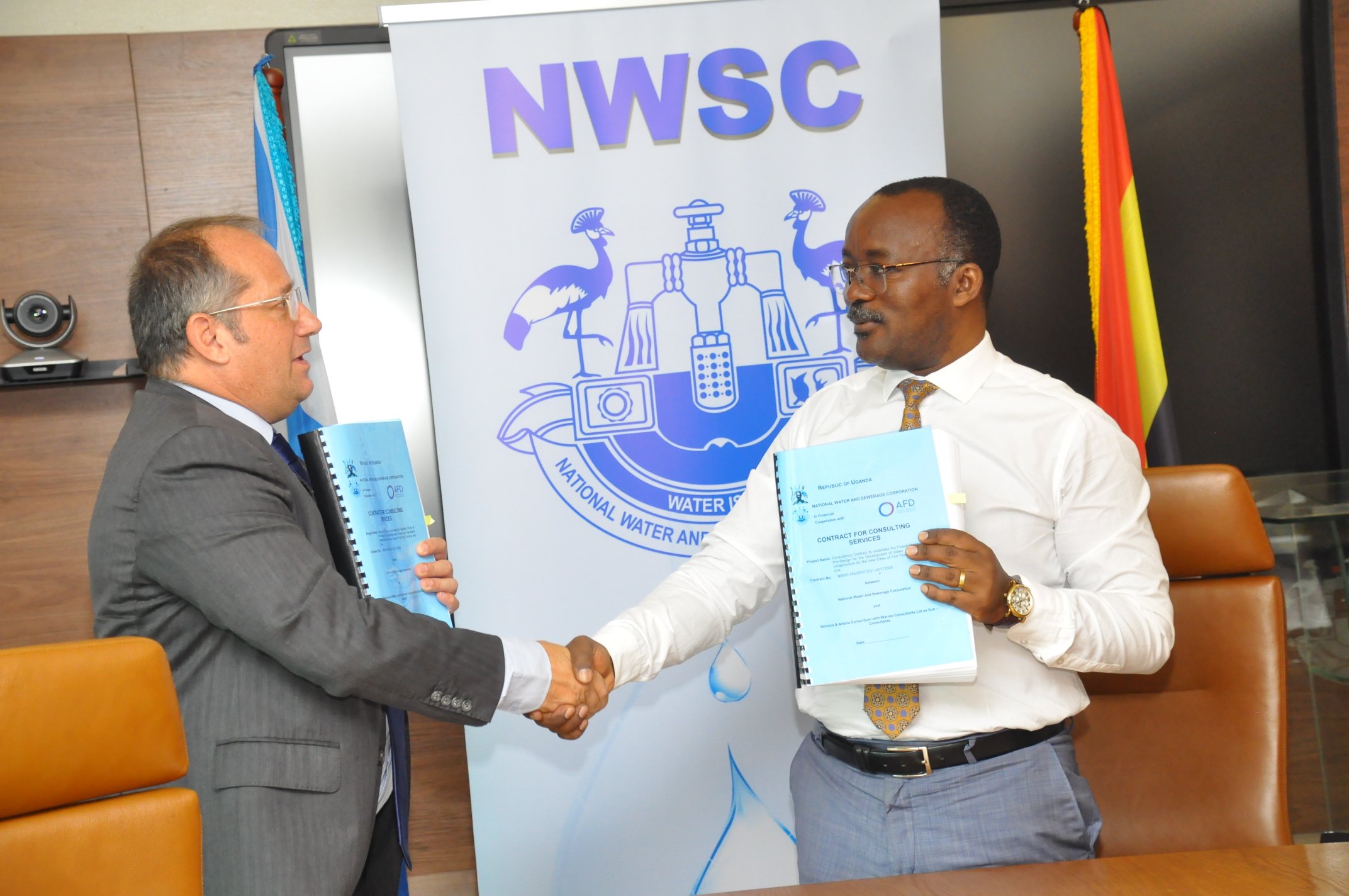National Water and Sewerage Corporation (NWSC) has disclosed that
unpaid water bills by government Ministries, Departments and Agencies
have reached sh100 billion, deepening the Corporation’s financial
challenges and hindering its efforts to expand water services across the
country.
The revelation was made by NWSC Managing Director, Dr. Silver Mugisha,
while appearing before Parliament’s Committee on Environment and
Natural Resources during the scrutiny of the Corporation’s 2025/26
ministerial policy statement.
“It’s true that agencies owe NWSC a lot of money, amounting to UGX100
billion. This accumulation is mainly due to under-budgeting. The funds
allocated and approved in government agencies’ budgets do not match the
actual volume of water consumed. It’s not that they don’t want to pay—
they pay, but what they receive is less than what they owe,” Mugisha said.
When asked why NWSC has not accelerated the use of prepaid water
meters to improve debt collection, Mugisha pointed to the high investment
costs associated with the prepaid system, as well as technical
vulnerabilities.
“We once had a system hack that crippled the prepaid water service.
Restoring it was very expensive. That’s why we’re moving cautiously. We
prefer to develop our own prepaid meter technology that we can
troubleshoot independently. We already have a prototype and are working
on scaling it up,” he explained.
He also noted that prepaid water meters require consistent credit, which
many government agencies fail to maintain. In some ministries where the
meters were installed, the Finance Ministry has repeatedly instructed
NWSC to reconnect services when credit runs out, rendering the system
ineffective and wasteful despite the heavy investment.
Dr. Mugisha also defended the Corporation’s decision to convert some staff
roles to part-time, arguing that it was necessary to reduce employee costs,
which currently account for 42% of NWSC’s budget—well above the
industry norm of 35%.
“NWSC is facing significant challenges due to unpaid government water
bills and rising operational costs. Employee benefits are a major expense,
accounting for 42% of our budget. That’s above the industry benchmark of
35%. This is not financially sustainable,” he said.
He emphasized that the move is in line with the NWSC Act, which
mandates the Corporation to operate in a financially and commercially
viable manner.
“This trend is at odds with the Act. We are mandated to operate
commercially. Our existence depends on being financially viable,” Mugisha
said.
NWSC at aGlance
The National Water and Sewerage Corporation (NWSC) is a public utility
company wholly owned by the Government of Uganda. It was initially
established under Decree No. 34 of 1972 as a public corporation mandated
to provide water supply and sewerage services in designated urban areas.
The National Water and Sewerage Corporation (NWSC) provides water
services to 276 towns across 95 districts in Uganda, aiming to serve a
target population of 20 million people. They operate through 930,000 water
connections and 29,400 sewer connections, also offering services to the
less privileged via 30,000 Public Stand Pipes (PSPs)
NWSC aims to provide reliable and efficient service, with a focus on
improving customer satisfaction and addressing potential challenges in
water supply


